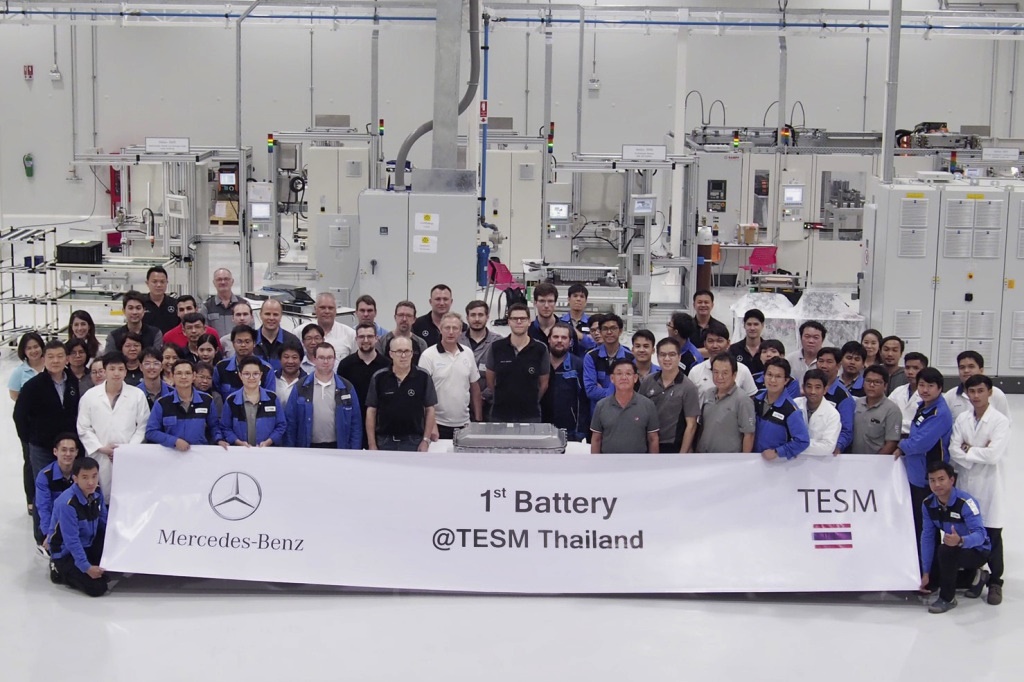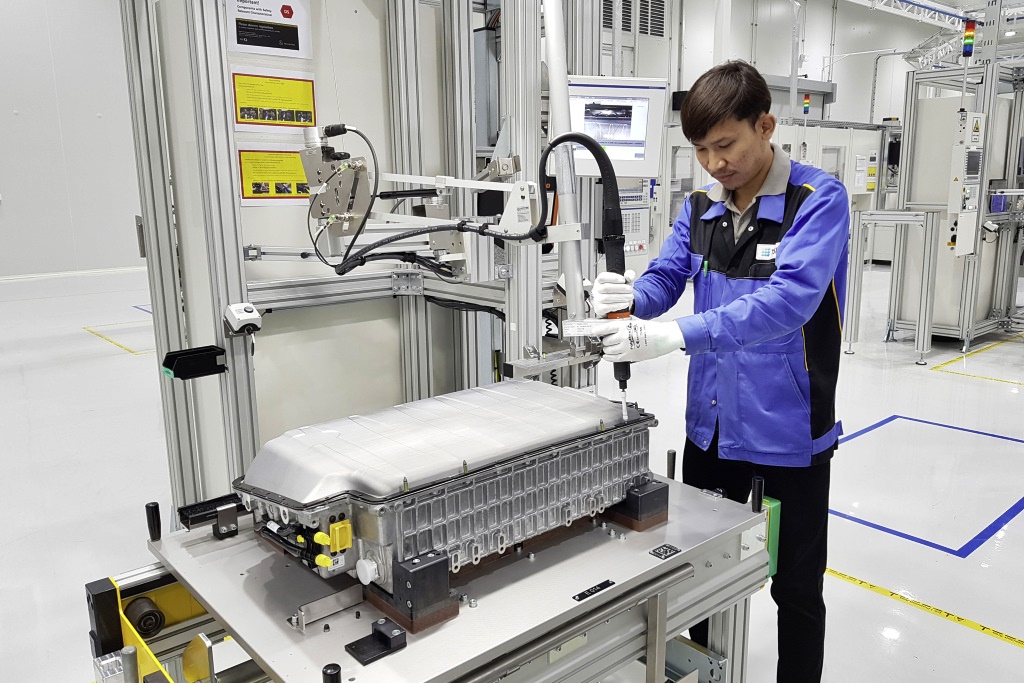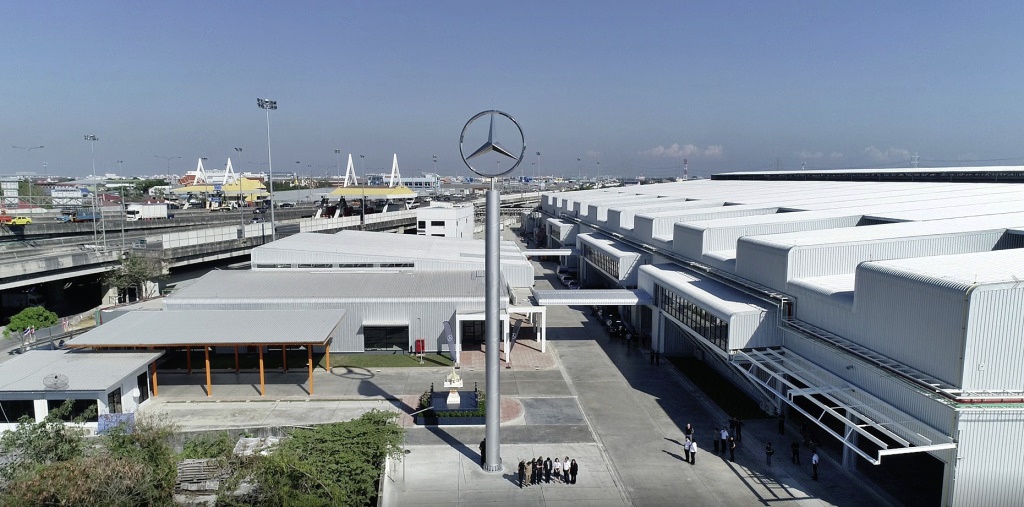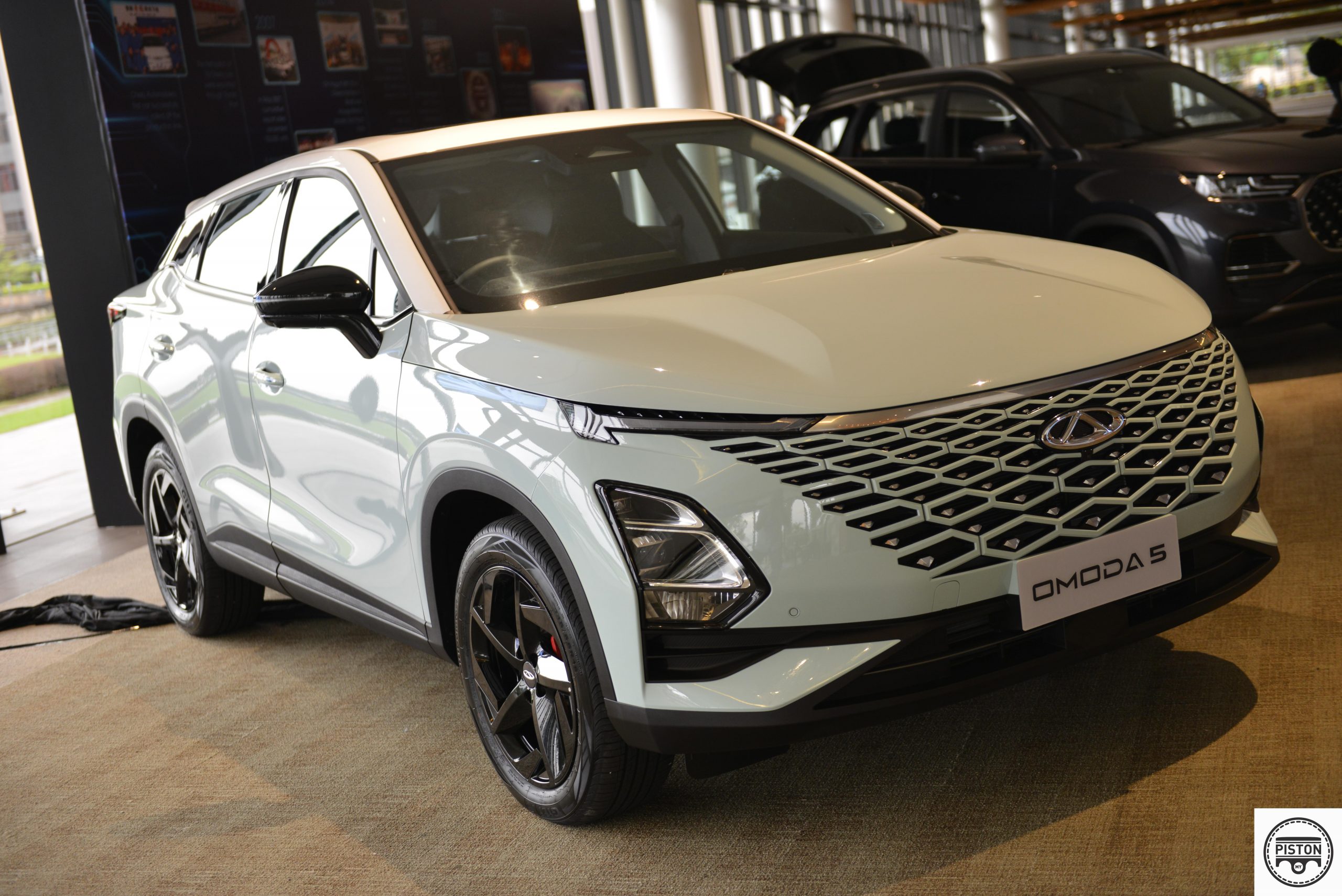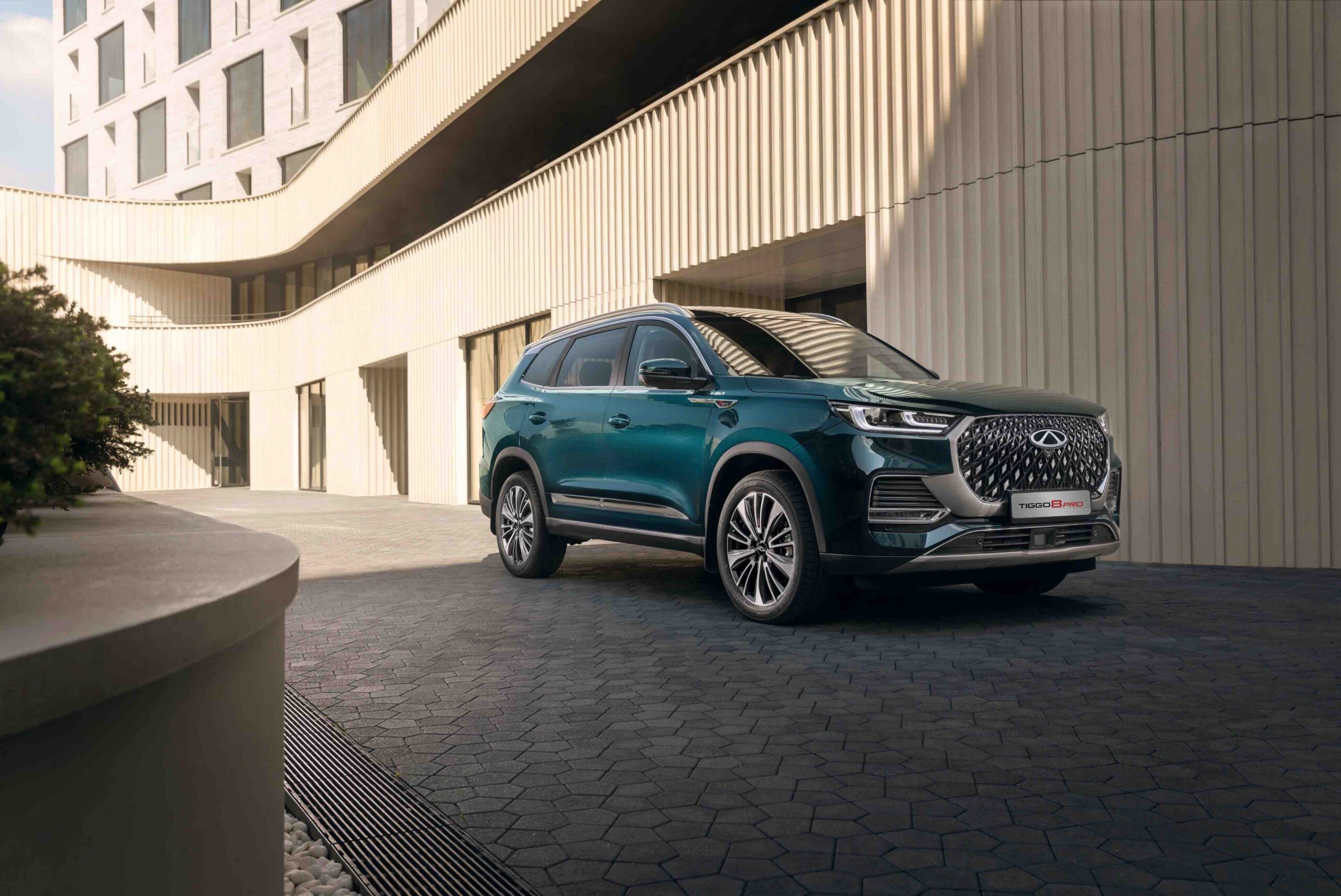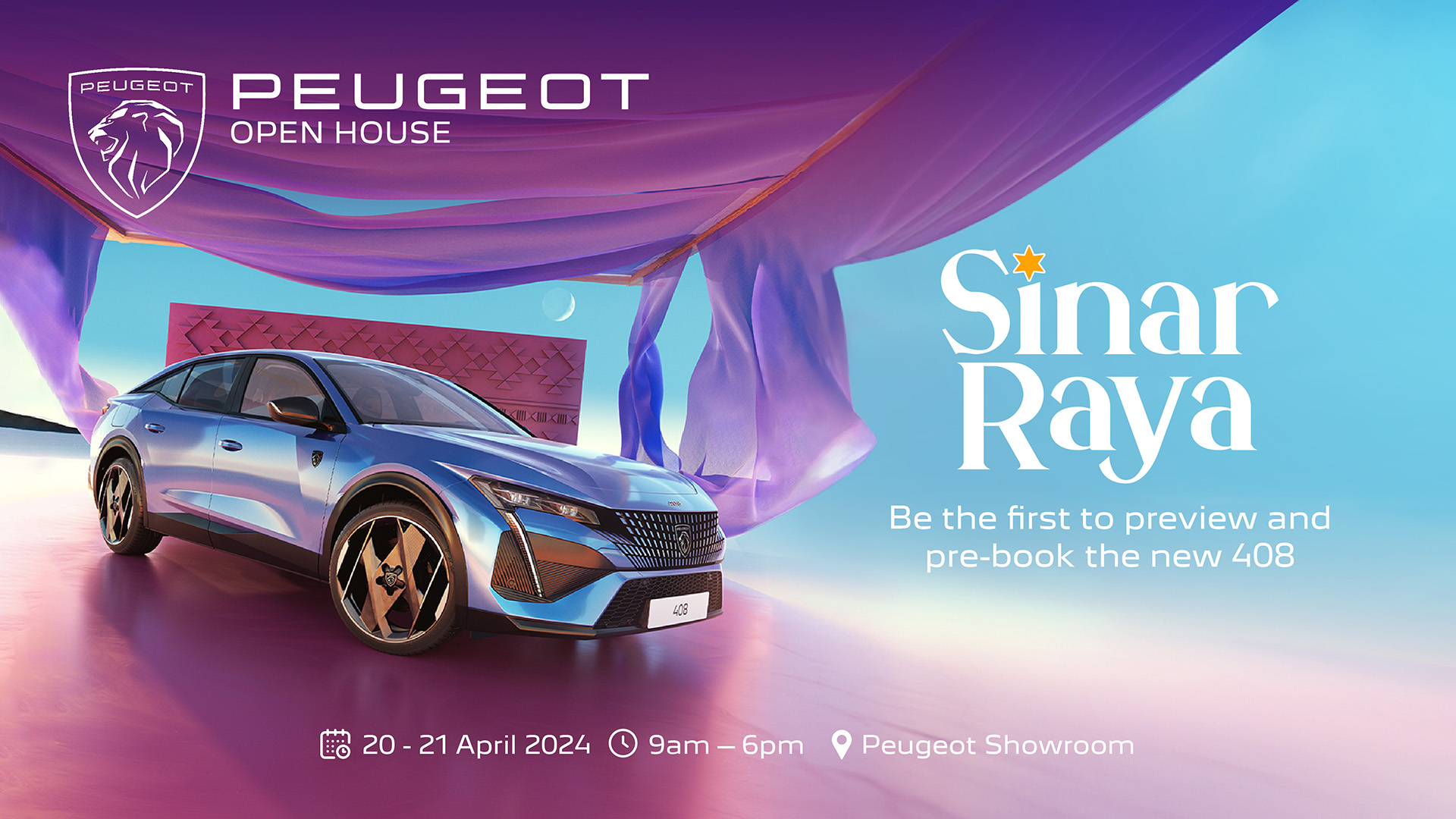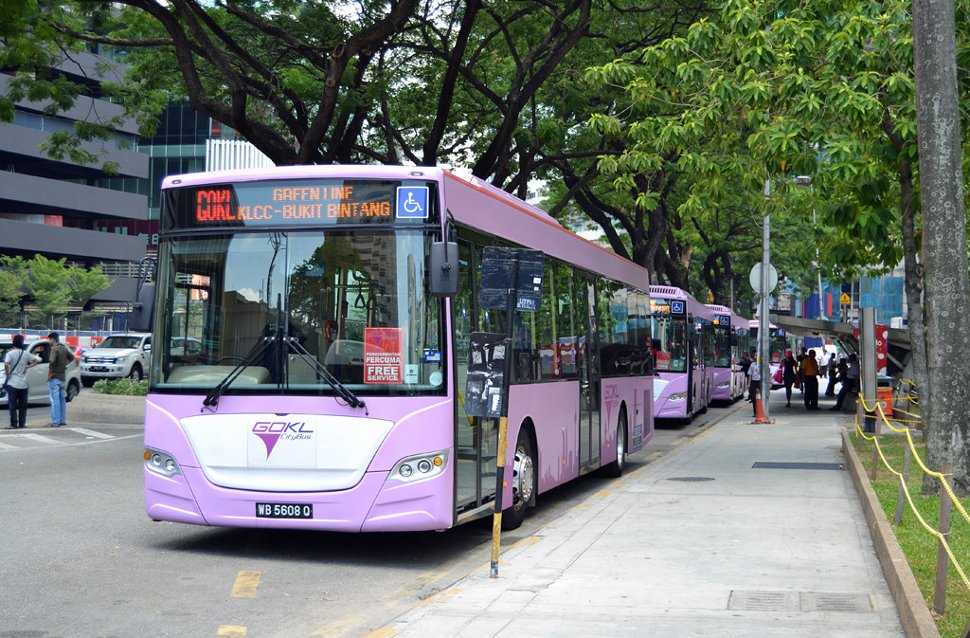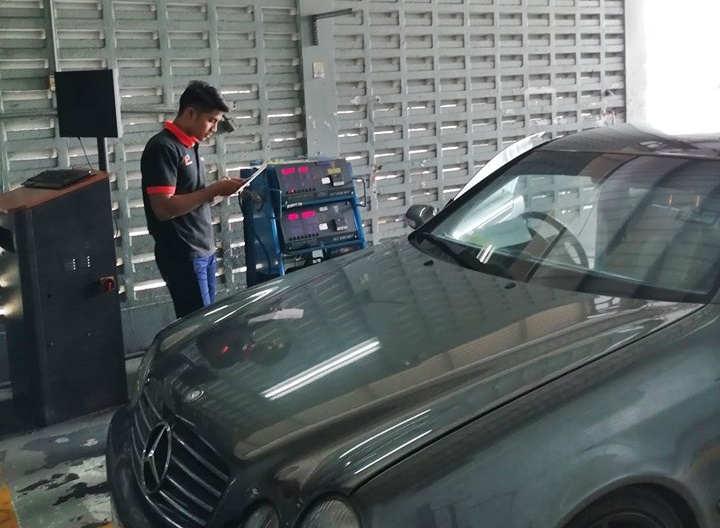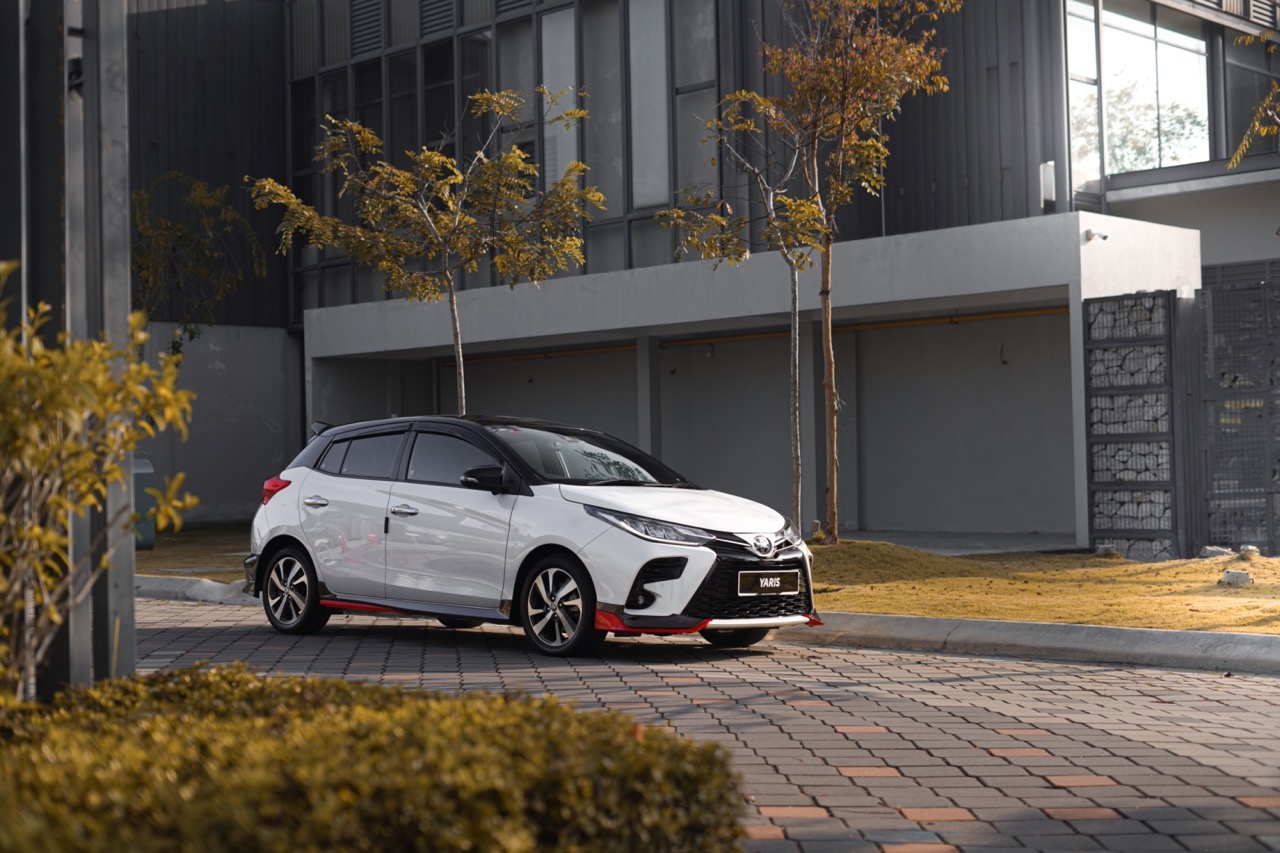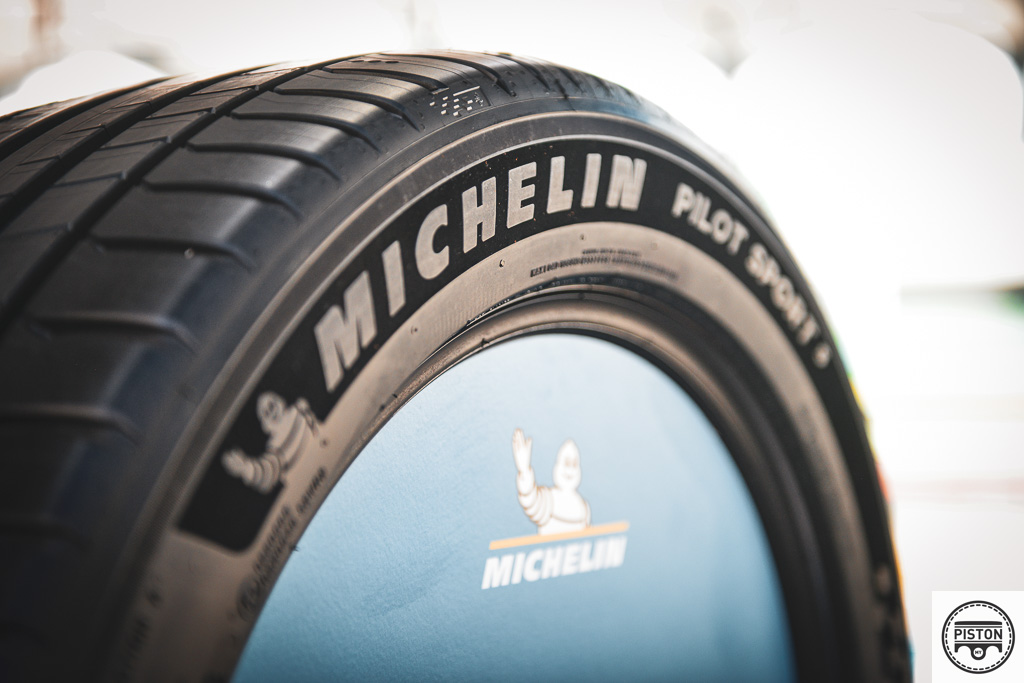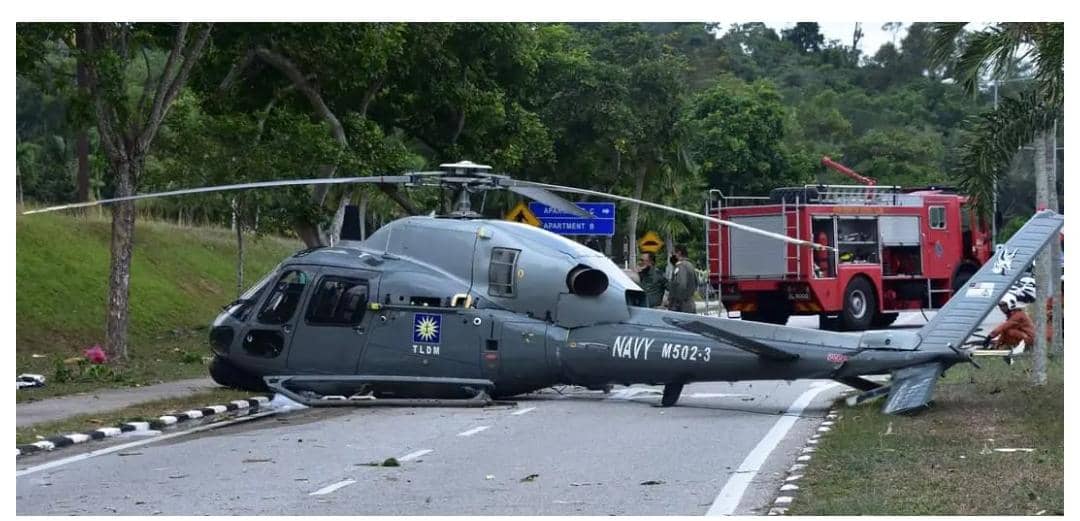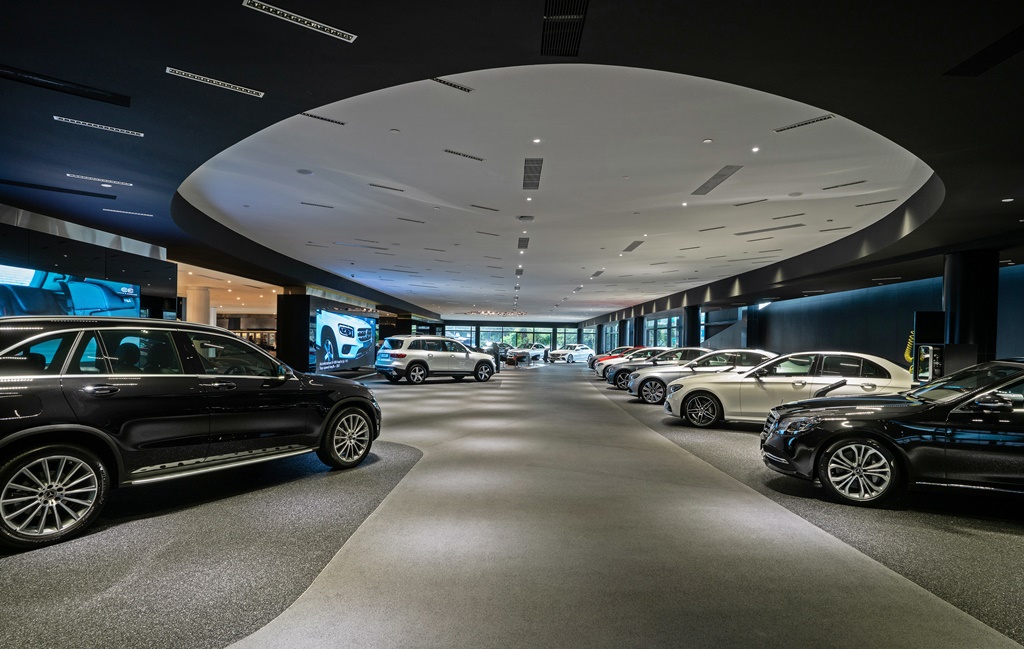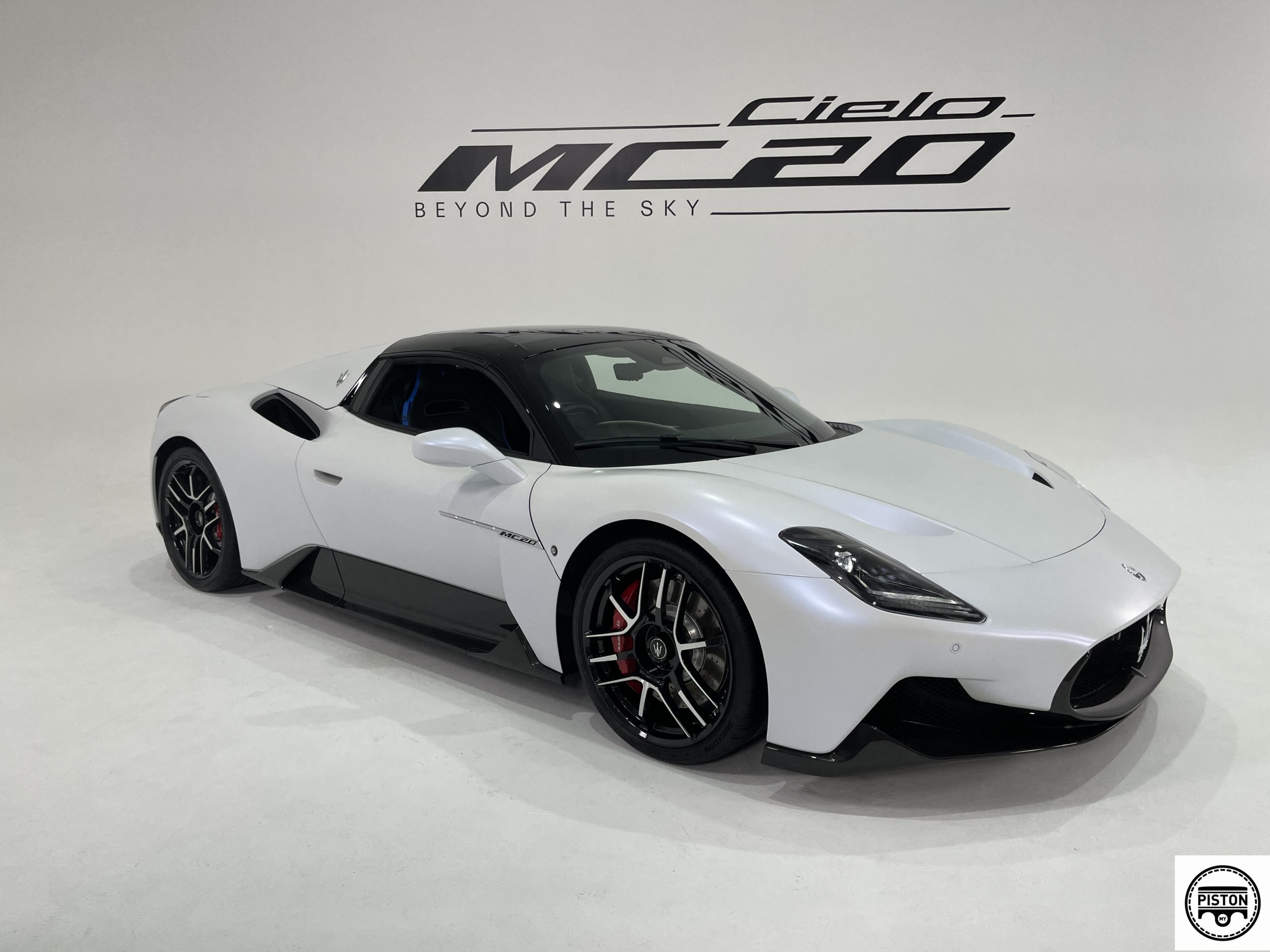With increasing emphasis on electrification of vehicles in the industry, demand for battery packs has also been accelerating. It is crucial that higher volumes be achieved in order to get economies of scale and push production costs down. Different manufacturers have different strategies to address this demand and for Mercedes-Benz, the approach taken is to establish a global battery production network.
Daimler is investing more than one billion euros in this global battery production network which will consist of 9 factories at 7 locations on 3 continents. Four factories have already started operations, with the most recent one being in Thailand.
100 million euros invested
The Thai production facility in the Bangkok region is a joint effort with local partners Thonburi Automotive Assembly Plant (TAAP) and Thonburi Energy Storage Systems (TESM). Mercedes-Benz AG has invested a total of more than 100 million euros in the battery production and a plant expansion of the existing vehicle production plant. In doing so, the partners are responding to the high demand for electric mobility and, in particular, for plug-in hybrid vehicles in Thailand. At the same time, they are driving the shift towards sustainable mobility as well as a carbon neutral and resource-efficient production.
The production facilities for plug-in hybrid battery packs are highly standardised and flexible. As a result, they can be adapted to local market conditions in a short time. “We have been successfully producing Mercedes-Benz vehicles for the local market at our Thai plant for more than 40 years. With the start of production of our battery factory in Bangkok, we are taking another important step in the expansion of our global battery production network at Mercedes-Benz Cars with nine factories worldwide. The local production of batteries enables us to make the best possible use of the potential for e-mobility in Thailand. As in the case of vehicle manufacturing, we have optimized all processes in terms of efficiency, flexibility and sustainability in the battery factory. We show how sustainable products can be produced sustainably,” said Jorg Burzer, Member of the Board of Management of Mercedes-Benz AG, Production and Supply Chain Management.
The battery packs are used for plug-in hybrid variants for the current Mercedes-Benz C-Class, E-Class, S-Class as well as for the Mercedes-Benz GLC and GLC Coupe. The high variety of product variants of the local market require very flexible and efficient production and facility concepts. Central assembly stations were set up in the same way as in the battery factory in Germany and were further developed for site-specific requirements. In this way, all battery types can be manufactured in the new line for all current and future plug-in hybrids.
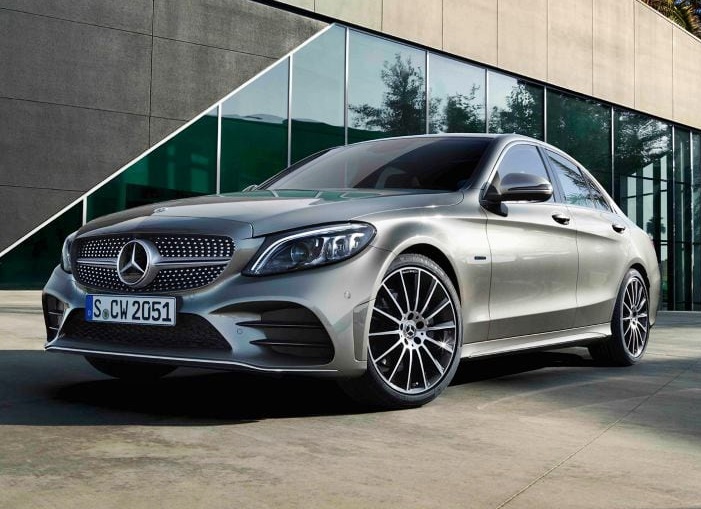
Decision to locate in Thailand
The decision for a local battery production in Thailand supports Mercedes-Benz’s overall sustainability goals under the heading ‘Ambition2039’ as well. The aim is a carbon neutral new car fleet until 2039. By 2030, at least every second vehicle sold should have an electric drive – this includes full-electric vehicles and Plug-In hybrids.
On the way to sustainable mobility, apart from products production plays a central role: All European Mercedes-Benz plants are to produce completely carbon neutral from 2022. The battery factory in Bangkok will meet this requirement by using large solar systems on the roofs of the production buildings. Excess solar power, for example, is temporarily stored in so-called 2nd-life battery storage systems from recycled electric vehicle batteries. The plant works closely with the Mercedes-Benz Energy GmbH. The stationary storage systems, which can compensate for local energy fluctuations and contribute significantly to grid stabilization, enable economical and resource-saving reuse for disused batteries of electric and hybrid vehicles. This is an important contribution to the economic efficiency and environmental balance of electric vehicles.
Besides Mercedes-Benz, the BMW Group has also chosen Thailand to produce battery packs. Its facility is a joint investment with the DRAXLMAIER Group worth 500 million baht (about RM69 million).
Mercedes-Benz is the world’s most valuable luxury car brand of 2019


